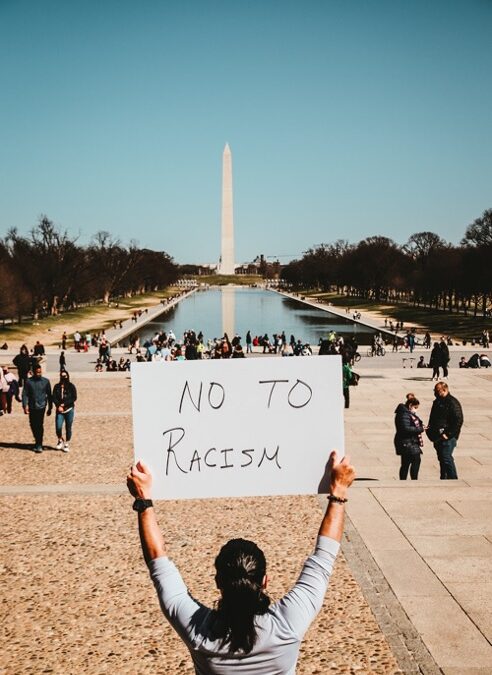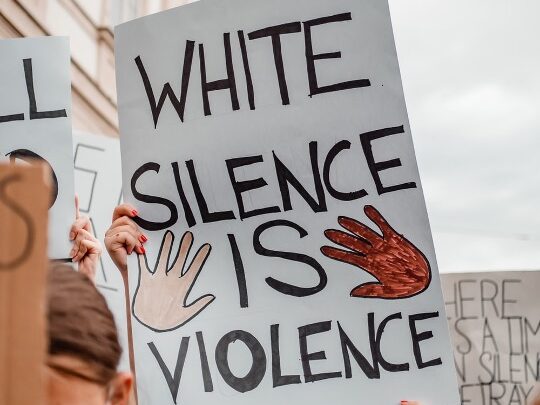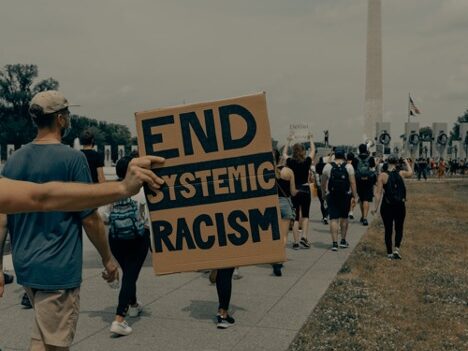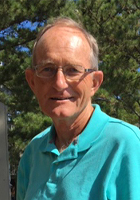America is in denial about its “war” on racism. Only one side is truly engaged – the white supremacists. They are organized and committed to winning at all costs. If those of us who want to end racism are serious, we have an imperative to organize, fight, and not stop until we are victorious. We need the commitment of a warrior and the heart of a nonviolent revolutionary.









 Tom Adams writes and speaks on topics vital to the intersection of our personal lives with our community and global lives. He has for decades been engaged in and written about nonprofit leadership and transitions, spirituality and spiritual growth, how we each contribute to a more just and equitable world and recovery from addictions and the Twelve Step recovery movement.
Tom Adams writes and speaks on topics vital to the intersection of our personal lives with our community and global lives. He has for decades been engaged in and written about nonprofit leadership and transitions, spirituality and spiritual growth, how we each contribute to a more just and equitable world and recovery from addictions and the Twelve Step recovery movement.